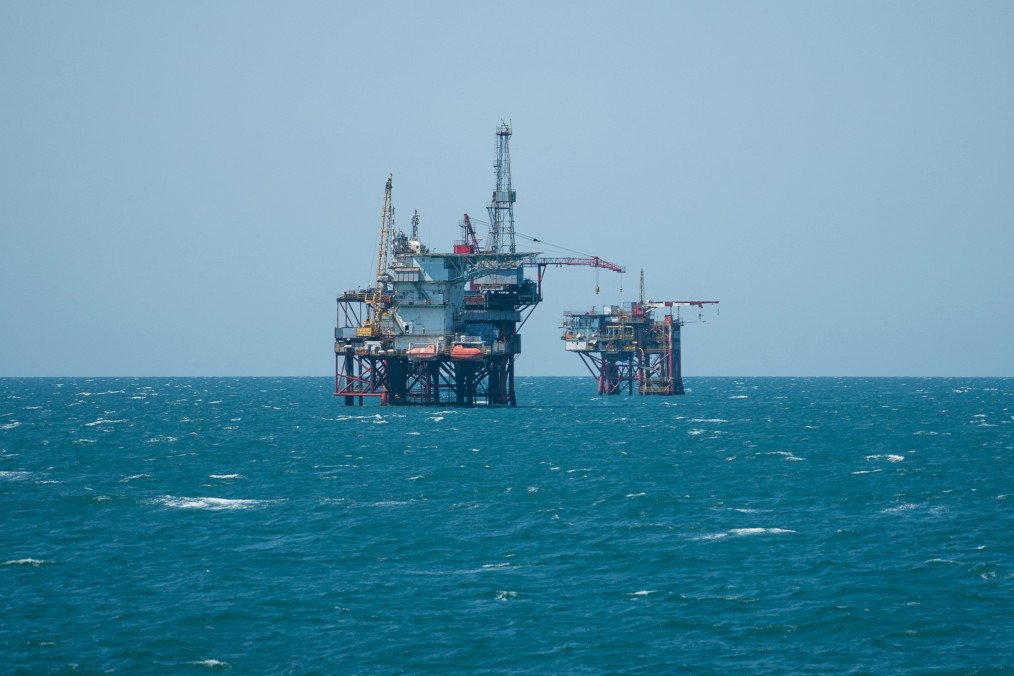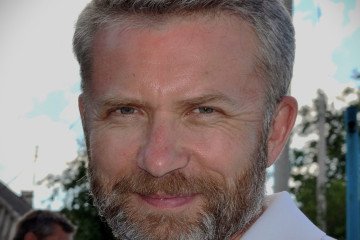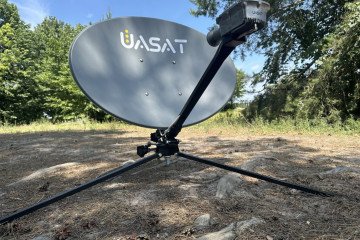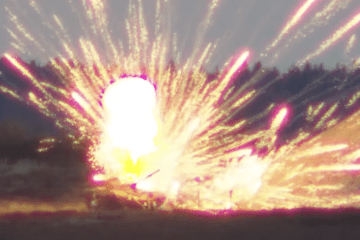The European Union has pledged to fully phase out Russian gas imports by 2027 while turning to Romania’s promising Neptun Deep gas field for future supplies. Deliveries from the Black Sea field are set to begin in the same year, with the field’s operator already securing its first export contract with Germany, according to The Moscow Times reported on January 8.
Austria’s OMV, which is developing the Neptun Deep field, signed the initial agreement to export gas to Germany’s Uniper.
Under the agreement, Uniper will purchase 15 terawatt-hours (1.7 billion cubic meters) of gas over five years. This volume represents 1.5% of Germany’s gas imports for 2024.
Gas production from the Neptun Deep deepwater field in the Romanian sector of the Black Sea is set to begin in 2027.
Extractable reserves are estimated at 100 billion cubic meters, significantly revised from earlier estimates of 42–84 billion cubic meters in 2012. This makes Neptun Deep one of the largest gas fields in the EU. Once operational, Romania will become the EU’s largest gas producer and a net gas exporter for the first time.
At its production peak, Neptun Deep is expected to produce about 8 billion cubic meters annually for a decade, effectively doubling Romania’s current gas output. Gas companies see substantial potential for additional discoveries in Romania’s Black Sea sector, where reserves are estimated at 200 billion cubic meters.
The Neptun Deep field is operated by OMV Petrom, in which OMV holds a controlling stake, while Romania’s state-owned Romgaz owns 20.7%.
This announcement comes a week after the cessation of Russian gas transit through Ukraine. Ukraine declined to renew its 2024 transit agreement with Russia, leaving Gazprom with only one major export route to Europe: the TurkStream pipeline.
Before the war, Gazprom exported over 150 billion cubic meters of gas to Europe annually, with 40 billion cubic meters transported via Ukraine.
However, in 2022, the Kremlin’s attempts to weaponize energy by restricting supplies backfired, prompting European nations to seek alternative sources.



-72b63a4e0c8c475ad81fe3eed3f63729.jpeg)

-111f0e5095e02c02446ffed57bfb0ab1.jpeg)


